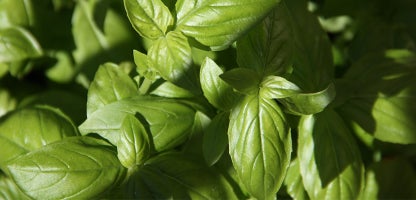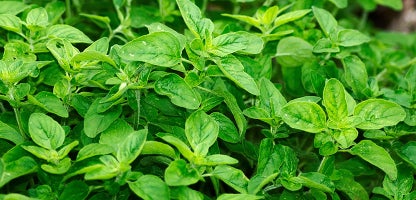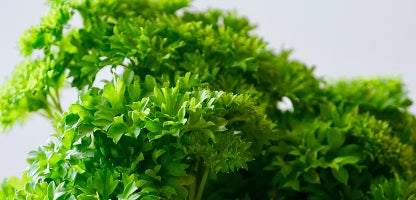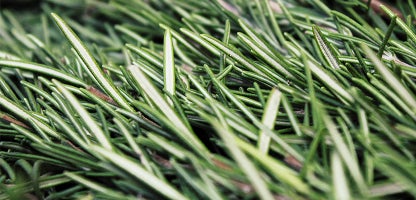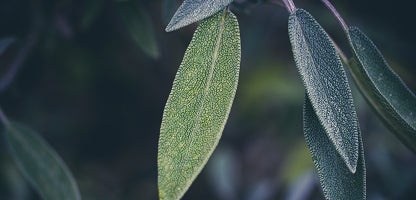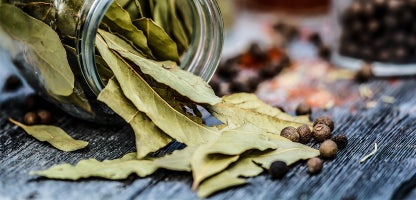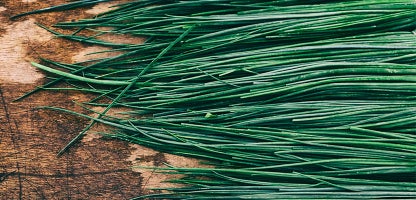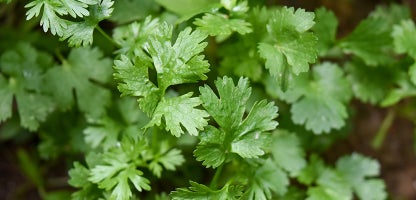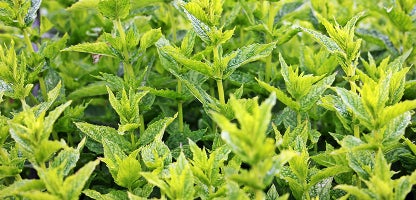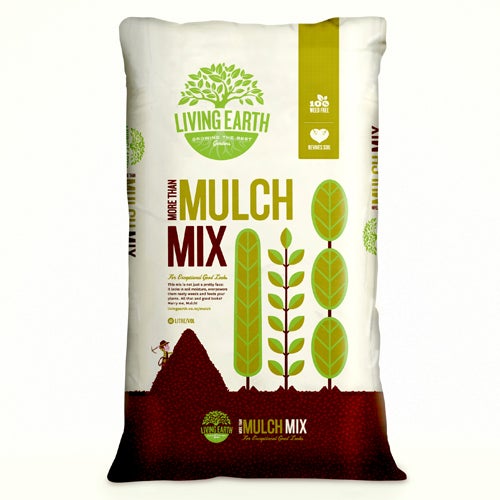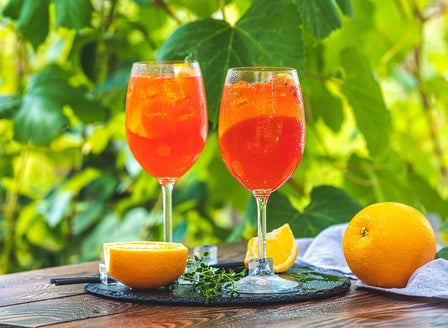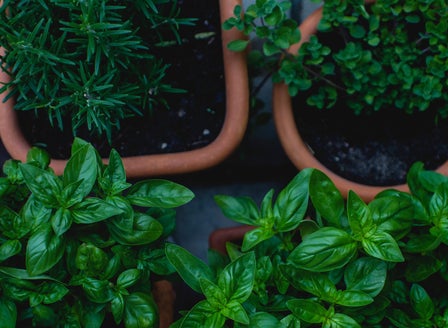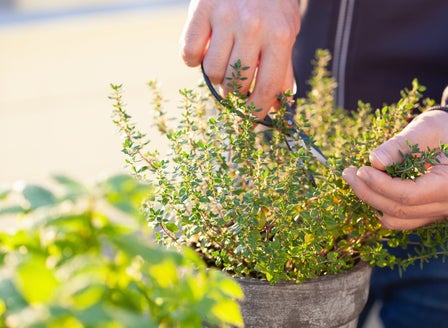Add delicious and delicate flavour to foods by growing herbs in your garden. Herbs taste better and have more nutritional value when fresh. Many are also great for attracting bees and other beneficial insects into your garden.
Planting Calendar
Most herbs can be planted all season round, with the exception of basil and tarragon that is best planted from late September to February.
Prepare
Position
Generally herbs like to grow in full sun. However, in the heat of summer, coriander needs to be in part shade otherwise it will ‘bolt’ ( go straight to seed and will stop producing large lush leaves
Soil
When planted into the ground, herbs like a free draining soil that is rich in organic matter. To improve the organic content in your soil, break up the soil and add Kings Compost and Kings Sheep Pellets then mix together well. When growing in containers, plant into Kings Container mix. This mix contains added water storage crystals and Saturaid, two products that help maintain moisture in the soil.
Plant
When planting into the ground, gently tap the plant out of its pot. Dig a hole twice the depth and width of the plants root ball. Mix Kings Compost into your existing soil at a 50/50 ratio, add Sheep Pellets and Kings Natures Organic Fertiliser, then mix together well. Back fill the hole with this soil, so that when planted the top of the plant’s roots sit level with the surrounding ground. Firm the soil down gently and water in well with Aquaticus Organic Garden Booster. In heavier clay soils, where drainage is likely to be an issue, plant onto a raised mound and sprinkle Gypsum Clay Breaker into the bottom of the hole, this helps slowly condition the soil and help to break down the clay. When planting into containers, plant into Kings Containers mix, as this has water retention crystals in it, which will help in keeping the soil moist. Firm the soil down gently and water in well with Aquaticus Organic Garden Booster.
Care
Beginner Tip
Herbs such as lavender, rosemary, thyme, oregano and sage (also known as ‘dry’ herbs) prefer drier conditions and are best planted in full sun all year round .
Expert Tip
Herbs such as coriander, rocket, parsley, basil, and mint (also known as ‘wet’ herbs) prefer to grow in moist conditions. In winter, plant in full sun. In summer they will cope with full sun, however many (especially coriander) do better in part shade as the heat of the afternoon sun will affect them.
Tip
Annual herbs need replanting every season (herbs such as basil and coriander). Perennial herbs grow for at least two years (rosemary, thyme and oregano).
Top Varieties
Frequently Asked Questions
What are the best herbs to grow?
The best herbs include basil, parsley, mint, thyme, rosemary, chives, coriander, oregano, sage, and dill. These herbs thrive in the temperate conditions and can be grown year-round with proper care. Our range of herbs doe shave some uncommon varieties, but if we do not have it we will try to get it for you. Just talk to one of our team for more information.
Can I grow herbs indoors?
Yes, you can grow herbs indoors. Ensure they get ample light by placing them near a sunny window. If natural light is insufficient, consider using grow lights to supplement.
When should I harvest my herbs?
Harvest herbs when they are mature enough to use. For most herbs, this is just before they flower when the flavour is at its peak. Regular harvesting encourages new growth.
Can I grow herbs from seeds or should I buy seedlings?
Both options work well. Growing from seeds is cost-effective and offers a wide variety. Seedlings are convenient and provide a quicker start, especially for beginners.
What are some tips for growing herbs in containers?
Use containers with drainage holes to prevent waterlogging. Choose a potting mix designed for herbs or vegetables. Water regularly and fertilise every few weeks with a balanced, organic fertiliser to ensure healthy growth. Rotate containers occasionally to ensure even sunlight exposure.
